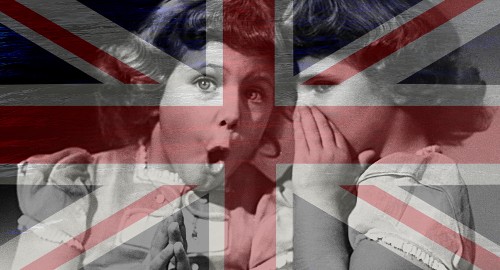 The UK gambling industry is pushing back against hyperbolic media articles implying that online operators are using government data to target underage gamblers.
The UK gambling industry is pushing back against hyperbolic media articles implying that online operators are using government data to target underage gamblers.
This weekend, the Sunday Times published a report claiming that gambling operators had been granted access to the Learning Records Service (LRS) database, which contains personal information on 28m children and students aged 14 and over. The Times stated that gambling operators have used this data “to help increase the proportion of young people who gamble online.”
The data was reportedly accessible to gambling operators through data intelligence firm GB Group, which helps digital companies verify the age of prospective customers. The Times report singled out the Kindred Group’s 32Red and Paddy Power Betfair’s Betfair brand as being among the GB Group’s gambling clients.
The UK Department for Education referred the matter to the Information Commissioner’s Office (ICO), the UK’s privacy watchdog. The Education and Skills Funding Agency, which operates the LRS, has launched its own investigation to determine how access to the database was granted in this manner.
On Monday, the UK’s Betting & Gaming Council (BGC) issued a statement saying media reports implying that gambling operators had access to the LRS database “are untrue.” The BGC clarified that the only information provided to gambling operators by the GB Group is “confirmation or rejection that the applicant is over the age of 18.”
The numerous other UK media reports that echoed the Times’ scoop clearly intended their readers to think otherwise. Indeed, it seems evident that the intended takeaway of any claim that betting operators’ desire to ‘increase the proportion of young people who gamble online’ was the implication that operators were deliberately targeting individuals under the age of majority.
Which, frankly, is preposterous under normal circumstances, let alone in a climate in which every week brings ever more breathless reports of some perceived scandal involving the gaming industry.
Consider the recent reports that ‘exposed’ the founders of UK betting operator Betfred having a financial interest in a medical services provider which offered – among countless other services – treatment for gambling addiction.
The UK media painted this as a fiendish plot by Betfred’s founders to both create problem gamblers and then treat those individuals for gambling addiction, thereby allowing the dastardly Done brothers to profit off people’s misery both coming and going.
Honestly, what’s next? If we discover that Bet365 boss Denise Coates has shares in Apple, does this mean she bought the shares for the express purpose of furthering gambling addiction by ensuring vulnerable individuals can access betting via their iPhones?
It’s clear that the gaming industry is the new tobacco, despite the fact that there’s no such thing as a safe cigarette, or that the overwhelming majority of gamblers treat the activity as a form of entertainment in which they accept that the odds of winning are against them and choose to engage in the activity regardless because they enjoy it.